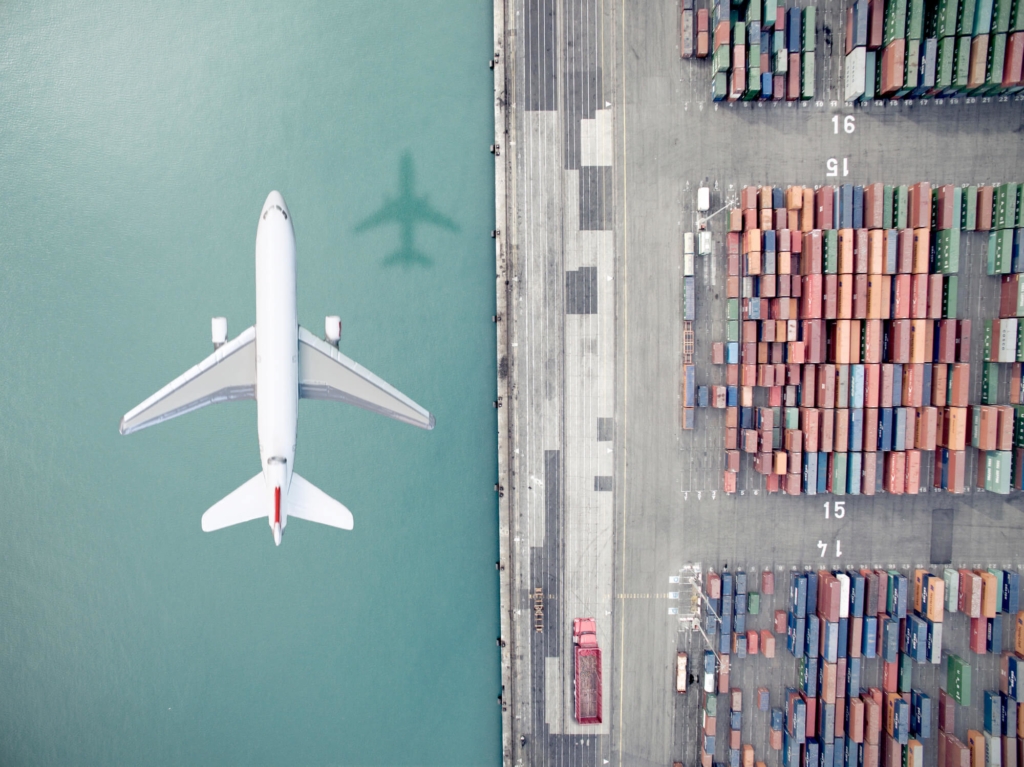An important Court decision regarding transportation of seafood by air from Norway – Article 33 of the Montreal Convention
by Ingar Fuglevåg

In July 2023, the World Seafood Center opened its new facility at Oslo Airport, the world’s largest refrigerated terminal for handling of fresh seafood. Large quantities of seafood are being exported from Norway every day from this terminal. As the cargo is very often transported by airlines with no sales offices or similar representation in Norway, the question of whether the airline may be sued in Norway for damages relating to cargo damage or delay pursuant to the contract of carriage is an important legal question. This question has until now not been finally decided upon under Norwegian law.
The aviation team of Simonsen Vogt Wiig successfully litigated this question before a Norwegian Court in a matter against Qatar Airlines (“QA”), and the Norwegian Court found that proceedings could be initiated against QA in accordance with Article 33 of the Montreal Convention.
The claim was brought against QA by the Norwegian cargo insurer Gjensidige Forsikring (“Gjensidige”). As QA had no sales office or cargo representative in Norway, the contract of carriage was entered into with a separate Norwegian general sales agent, NordigGSA AS (“Nordic). The latter acted as the sales agent in Norway for QA in relation to all carriage of cargo from Norway. Nordic is a Norwegian company with no other ties to QA than a general sales agreement, and Nordic also acted as sales agent for other airlines than QA.
Norway has ratified the Montreal Convention, and Article 33 on legal venue has been incorporated into Norwegian law through Section 10-28 of the Norwegian Aviation Act. In this case against QA, the legal question at hand was limited to whether the place of business of Nordic would qualify as the carrier’s “place of business” in a claim brought against QA. The relevant part of Article 33 reads as follows:
“An action for damages must be brought, at the option of the plaintiff, in the territory of one of the States Parties, either before the court of the domicile of the carrier or of its principal place of business, or where it has a place of business through which the contract has been made or before the court at the place of destination.” (our italics)
If QA had its own office in Norway responsible for entering into contracts relating to the transportation of cargo, there would be no issue relating to legal venue. Legal action could then clearly have been brought against QA before Norwegian courts. The legal uncertainty stems from the fact that Nordic was a sales agent separate from the carrier. This question of whether Article 33 provides for legal venue at the place of business of a third-party sales agent has been raised in several jurisdictions for decades.
The question was initially brought before courts under the Warsaw Convention, the predecessor to the Montreal Convention. Originally drafted with French as the sole official language, the Warsaw Convention used the term «établissement», which is still used in the French version of the Montreal Convention. The phrase «place of business», now present in the official English version of the Montreal Convention, was first introduced in a translation of the Warsaw Convention by the United States. Reconciling the difference in meaning between the two phrases has proven challenging.
French courts have consistently interpreted the term «établissement» to mean that legal venue may only be found where the contract of carriage has been entered into with a legal entity owned by the carrier, i.e. where the ticket or cargo capacity has been sold by the airline itself.
In the United States, however, a court found that ticket sales through travel agencies provided for legal action against the carrier at the place of business of the travel agency under the Warsaw Convention. German and Dutch courts took a similar view, and the Italian Supreme Court ruled in 2020 on Article 33 of the Montreal Convention, deciding that legal action could be brought against the English airline Easy Jet in Italy, where the tickets had been purchased from an Italian travel agency separate from the airline.
The Norwegian court therefore had to decide whether to follow the French or English line of interpretation of Article 33. Whilst noting that the term «forretningsavdeling» used in the relevant provision of the Norwegian Aviation Act lies closer in meaning to the French term «établissement», the Norwegian court ultimately found that the case had to be decided upon the English version of the convention. Emphasizing the recent Italian Supreme Court decision and the line of interpretation under the Warsaw Convention established in the US and Germany, the court ruled that Article 10-28 of the Norwegian Aviation Act must be interpreted to allow for legal action at the place of business of a third-party sales agent. QA did not appeal this decision, and it is now final and binding.
As several airlines use separate sales agents in Norway, this decision brings clarity to the question of whether legal action may be brought against foreign air carriers in Norway. This has now been answered affirmative by the courts, something which should be of particular interest to the exporters of seafood and their insurers. As mentioned above, this is a growing industry which inevitably would lead to claims caused by cargo damage and cancellation of flights.
The post An important Court decision regarding transportation of seafood by air from Norway – Article 33 of the Montreal Convention appeared first on Simonsen Vogt Wiig.